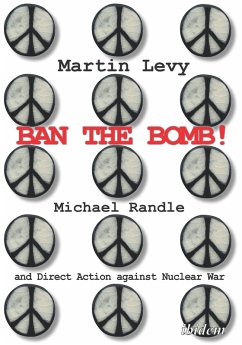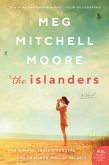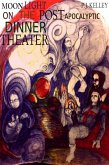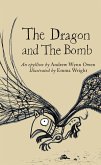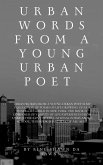During the 1950s, Michael Randle helped pioneer a new form of direct action against nuclear war, based on the teachings of Mahatma Gandhi. At the forefront of the British campaign, he worked closely with Peace News editor Hugh Brock (1914-1985) and other distinguished 'anti-nuclear pacifists' such as Pat Arrowsmith, April Carter, and Ian Dixon, serving as chairman of the Direct Action Committee against Nuclear War (1958-1961) and secretary of the Committee of 100 (1960-1961). In 1966, he helped 'spring' the Russian spy George Blake from Wormwood Scrubs Prison. Thereafter, he campaigned vigorously on behalf of the Greek democratic opposition, conscientious objectors, and Soviet dissidents. He has always been a man of rare candor and singular energy and principles, even enduring imprisonment for his beliefs. Nowadays, Michael lives in Shipley near Bradford, where he continues to write as a respected expert on 'people power'. Martin Levy's interviews with Michael Randle introduce the reader to a tumultuous life that is nothing short of extraordinary.
Dieser Download kann aus rechtlichen Gründen nur mit Rechnungsadresse in A, B, BG, CY, CZ, D, DK, EW, E, FIN, F, GR, HR, H, IRL, I, LT, L, LR, M, NL, PL, P, R, S, SLO, SK ausgeliefert werden.

